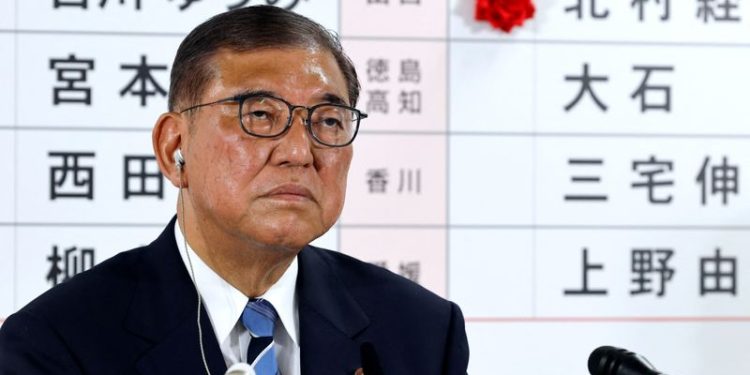The Japanese yen regained ground on Monday after investors digested the implications of Japan’s weekend upper-house election, in which the ruling coalition lost its majority but avoided a larger-than-feared defeat.
The yen rose as much as 0.7% against the U.S. dollar before trimming gains, recouping part of its two-week slide. The currency had weakened ahead of the vote amid concerns that a poor performance by Prime Minister Shigeru Ishiba’s Liberal Democratic Party (LDP) would trigger aggressive fiscal stimulus, including increased spending and tax cuts.
Although the LDP and its coalition partner lost their control of the chamber, their final seat tally was strong enough to likely keep Ishiba in office.
“Some investors had positioned for a larger setback for the coalition and even anticipated Ishiba’s resignation,” said Akira Moroga, chief market strategist at Aozora Bank. “The unwinding of such positions, combined with relief that a political risk event has passed, contributed to the initial yen rebound.”
Asian stock markets showed mixed reactions. The MSCI Asia Pacific Index slipped 0.1%, marking its first decline in three sessions, while Hong Kong shares edged up slightly. U.S. equity futures rose by 0.1%. Meanwhile, oil prices remained subdued and the dollar index held steady.















